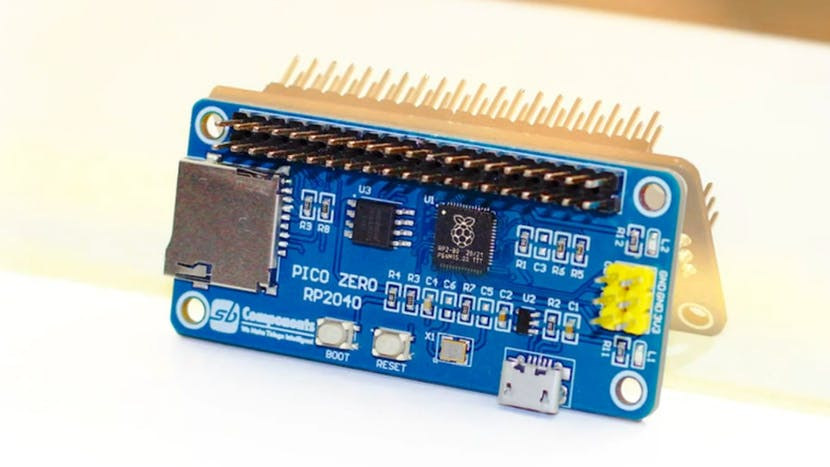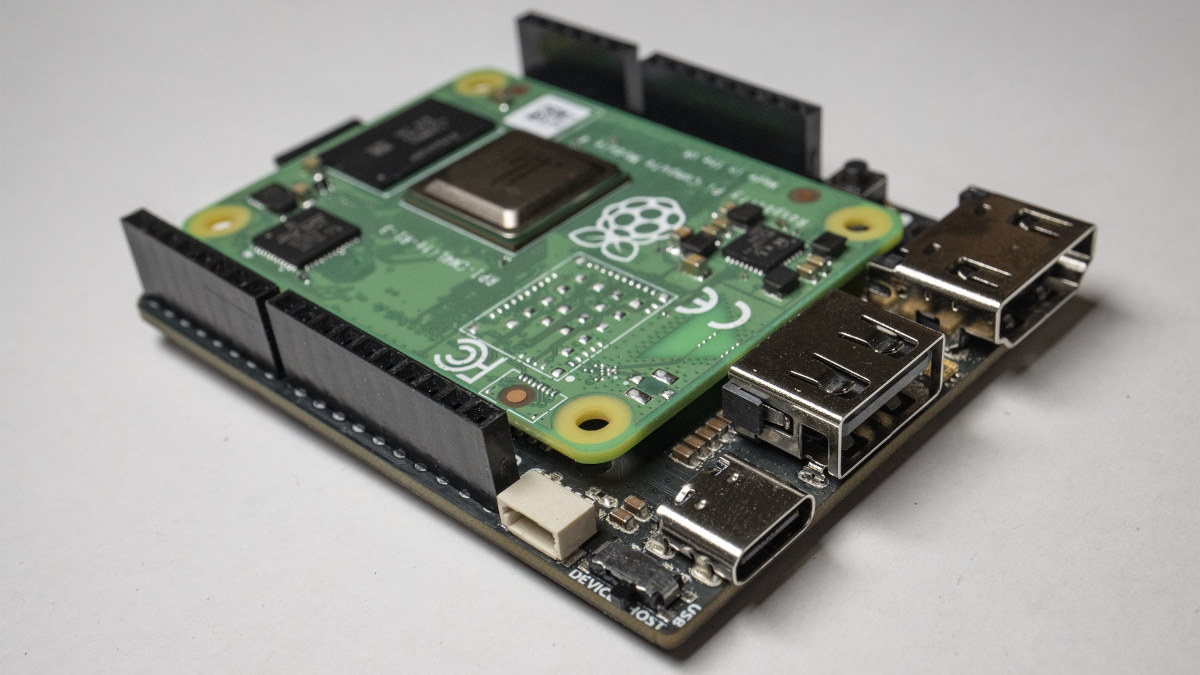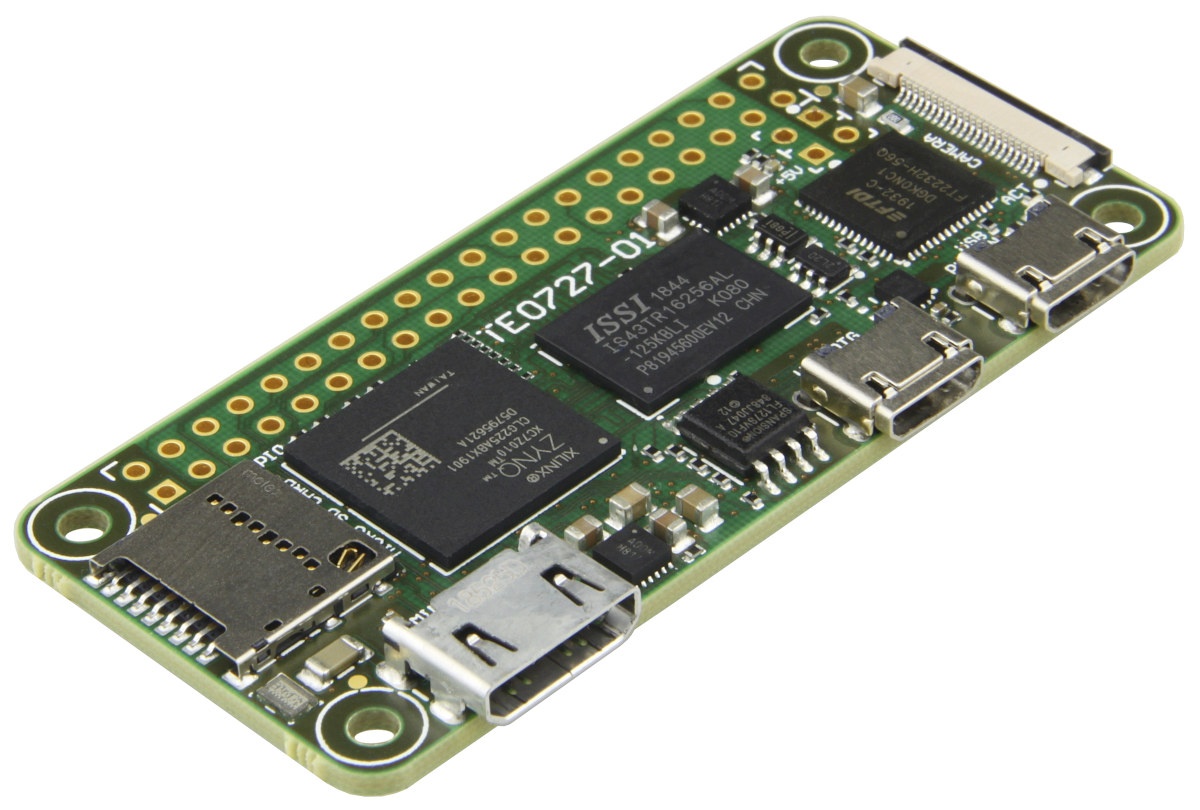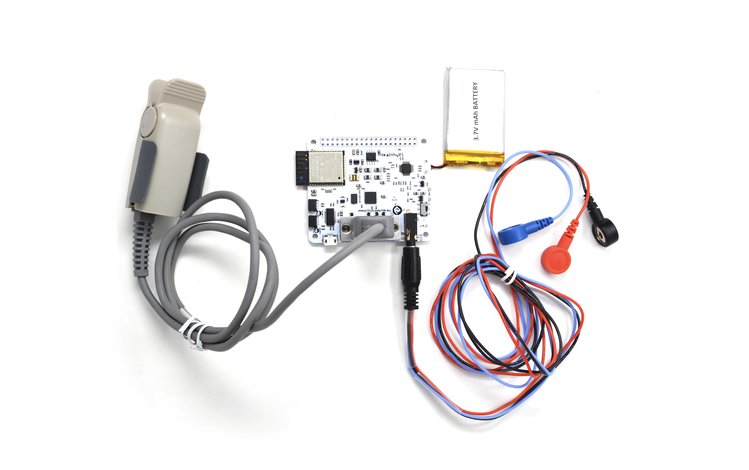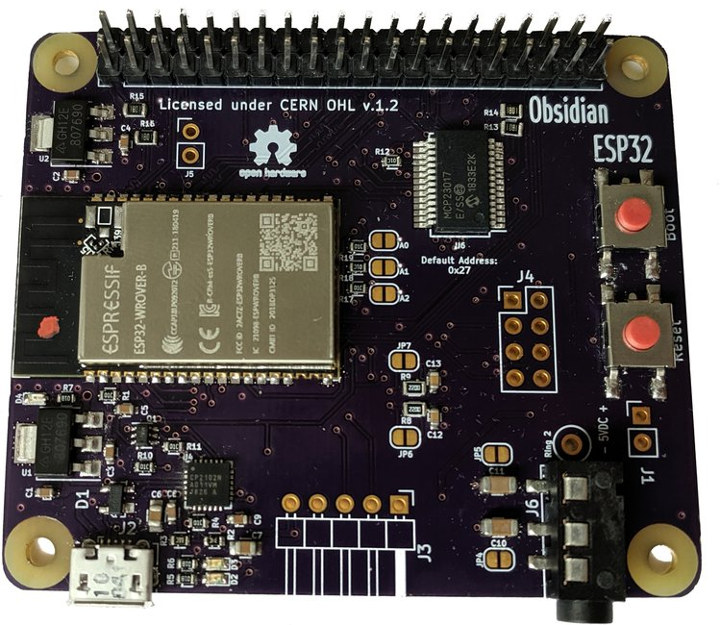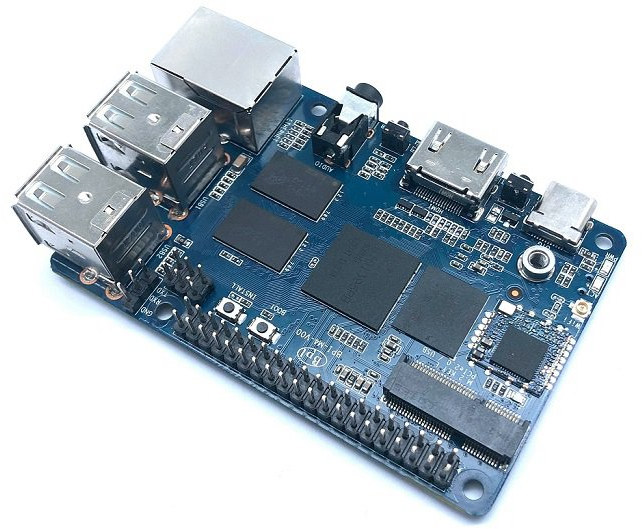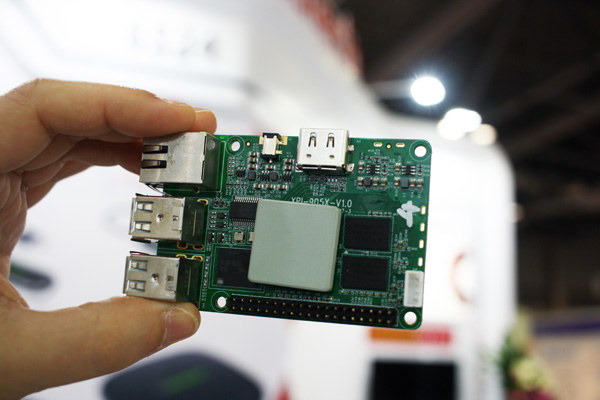StackyPi – A Raspberry Pi RP2040 board with Raspberry Pi Zero form factor (Crowdfunding)
SB Components’ StackyPi is a development board based on Raspberry Pi RP2040 MCU that happens to follow the Raspberry Pi Zero form factor. The board is equipped with 8MB SPI flash for the firmware, a MicroSD card socket, a micro SB port, two buttons, and a 40-pin GPIO header that makes it compatible with some Raspberry Pi uHAT and HAT expansion boards. StackyPi specifications: MCU – Raspberry Pi RP2040 dual-core Cortex-M0+ microcontroller @ up to 133 MHz with 264KB SRAM Storage – 8MB (64Mbit) SPI flash, MicroSD card socket USB – 1x Micro USB port Expansion – 40-pin GPIO header with GPIO, I2C, UART, SPI, etc… mostly compatible with Raspberry Pi header (3.3V I/Os) Misc – Reset and Boot buttons Power Supply- 5V via Micro USB port Dimensions – 65 x 30 mm (Raspberry Pi Zero form factor) The main advantage of such as board is that it can support […]


